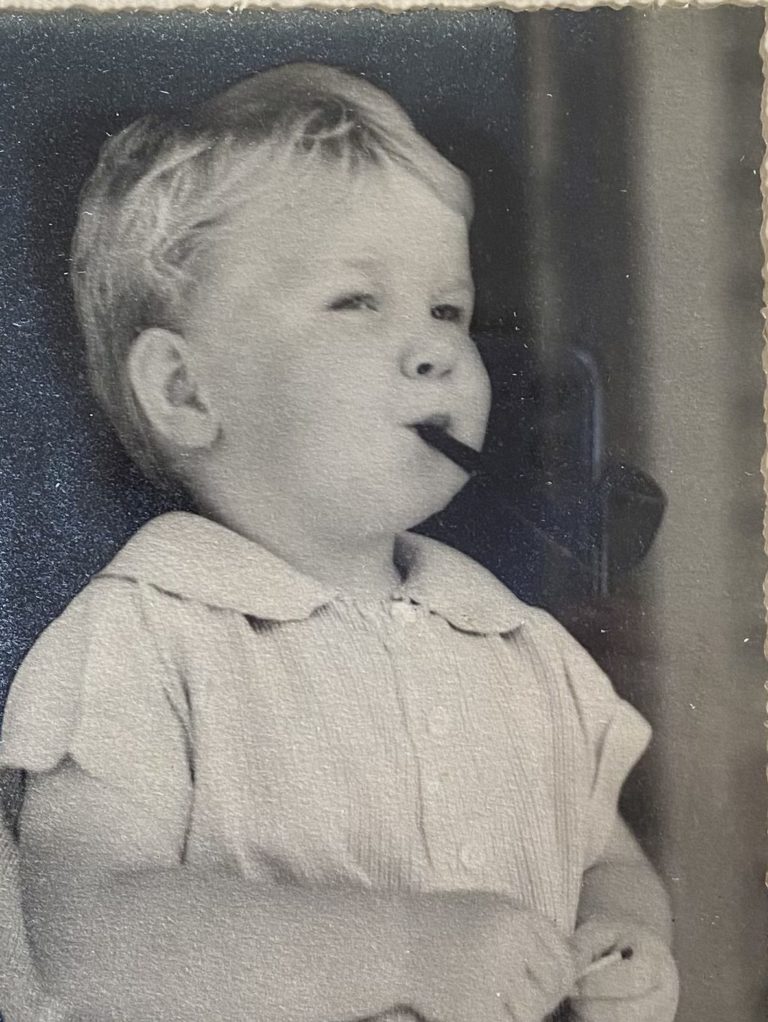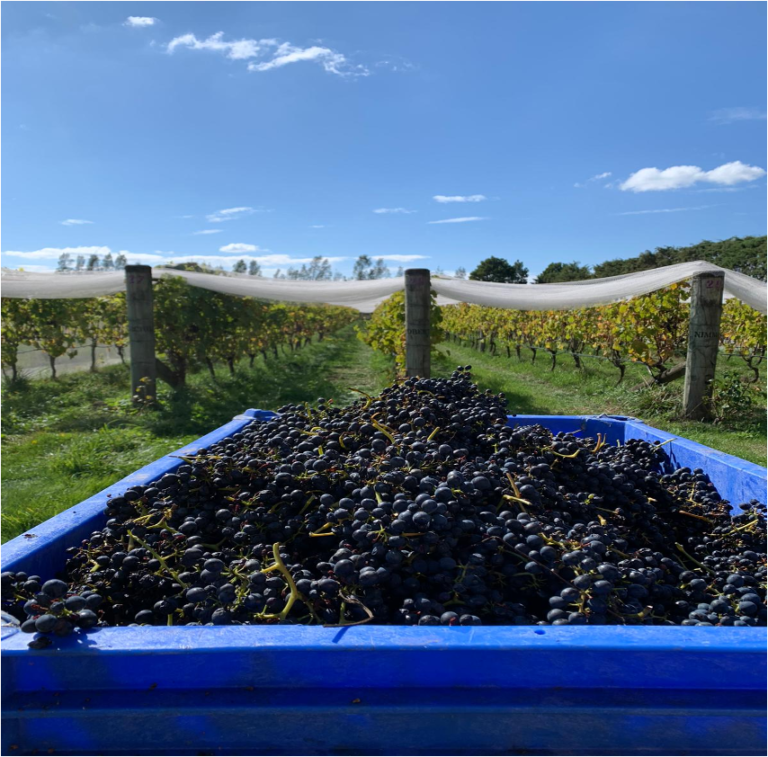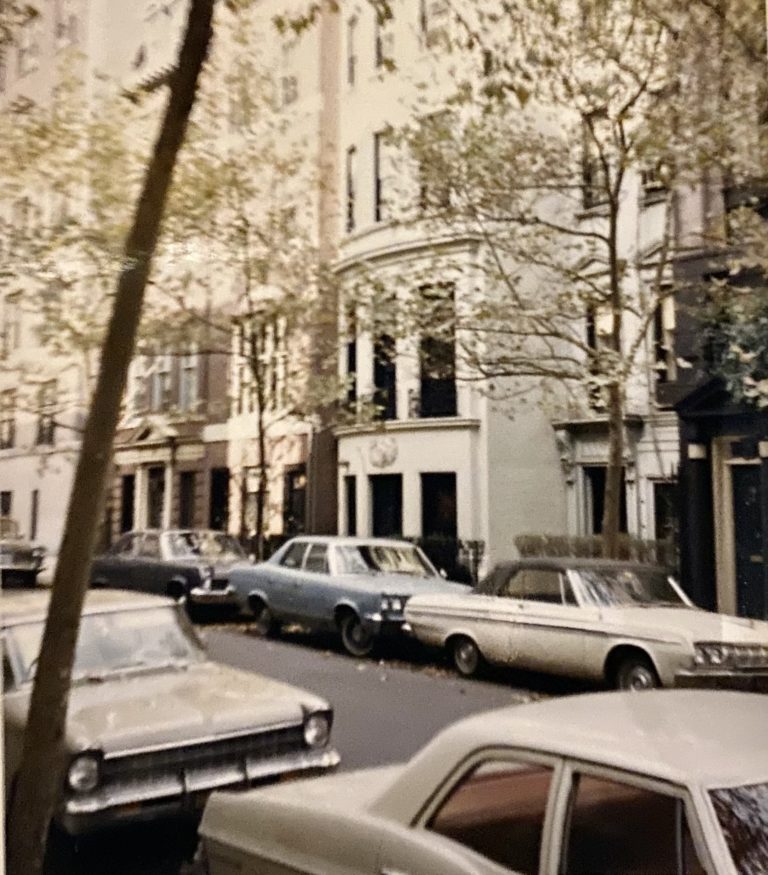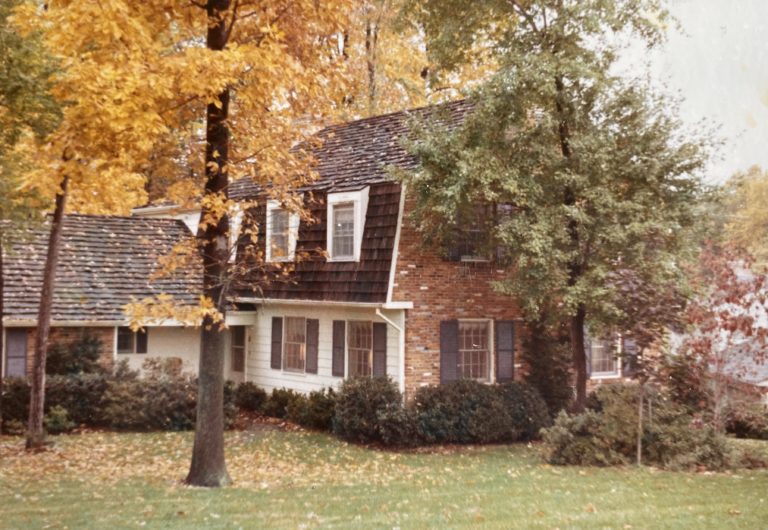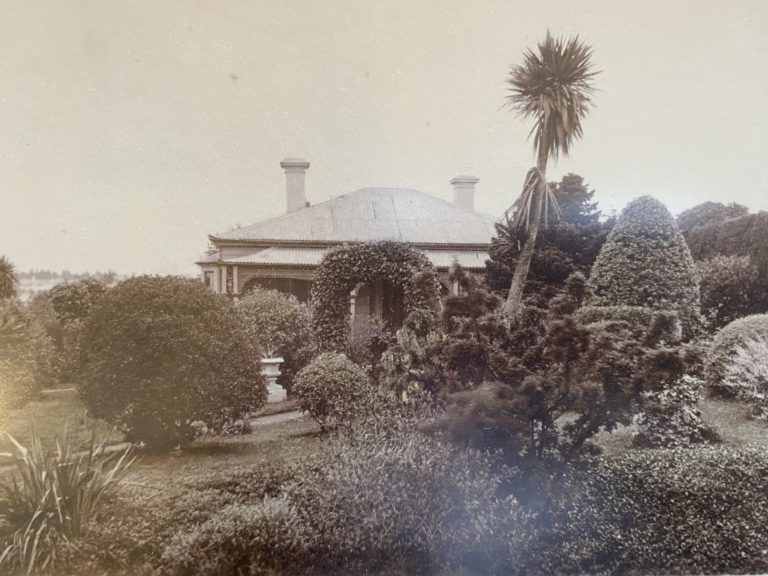Terrorism in Georgetown
The Treasury Secretary, Henry Lang, arrived in Washington where I was deputy to the ambassador with some surprising news. The New Zealand economy was performing so well in 1972 that the $NZ1 bought $US1.15 and we had a solid foreign exchange surplus. Neither of these benefits would recur in our lifetime and he thought it would be wise to invest some of the surplus buying houses for foreign service officers. I was allocated a generous supply of money and set to work buying houses for the political, trade and military staff in Washington. Since we were paying cash, we got good prices but what was most surprising was that, when I reported that the funds were running low, Wellington immediately sent more.
Among the houses bought was one for me, on a bluff looking over the junction of Reservoir and Foxhall Roads, bringing us from distant Bethesda to the edge of Georgetown. Life was better in Georgetown. We ceased to live in the car, and I could walk to the embassy, the children could use the superb Georgetown Library, continuous movie showings at the local cinema made them the third generation to laugh at the Marx brothers and Dean and de Lucca were the best grocers you could hope for.
The house was comfortable, had four bedrooms and good entertaining space but otherwise had no notable features except a laundry chute which went down three floors from our bedroom to the basement down which Sophie could be dropped by her siblings until her parents found out. It did, though, have a terrace the length of the house high above Reservoir Road, shaded by a spreading mulberry which encouraged eating the fruit while walking up and down.
Life settled into a new routine marked only when Caroline finished elementary school and accompanied by her mother, went to school in New Zealand for the first time in her life. This was daring but the junior high schools in Washington were riddled with drugs and in any case, it was time that she made friends in her own country. Even so we walked up and down the mulberry terrace while I emphasized that going to boarding school was only an experiment and that if she wasn’t happy, we would find an alternative. Being Caroline, she managed without fuss, fortified by admiration of her New York clothes and being a year ahead in schoolwork, but it was a year not without its strains.
In the spring of 1973, we asked my elderly parents to stay since our posting was coming to an end. The study and bathroom on the ground floor off the hall provided ideal accommodation for them and they settled in comfortably. At 2am one morning I was suddenly awake with that odd feeling that something had happened. My father appeared at the bedroom door to say apologetically, “I think someone has fired a gun into our room”. I jumped out of bed and raced downstairs. The curtains in the study were moving gently in the breeze coming through the shattered window and a thin line of gun smoke rippled in sympathy.
My first thought was that there was a prowler in the garden. Still in a dressing-gown and pyjamas, I slipped out the front door to reconnoitre. I groped my way around the house, plunged periodically into the dark as the moon slipped in and out of the clouds, heard nothing and began to wonder if my journey was necessary. When I got back inside Julie had phoned the police and Diplomatic Protection Squad who arrived promptly and found the evidence I had missed. Painted in black under the broken window was a message: “There will be a homeland for all or a homeland for none. Death to the Zionists and their imperialist functionaries” and the name Black September in a star. In a human touch ‘Functionaries’ had been slightly misspelt and squeezed in at the bottom as space ran short. This was mildly reassuring; the shots had not been aimed at an elderly Christchurch lawyer but had been intended to draw attention to the message on the wall.
The house was suddenly filled with people drinking coffee and discussing what had happened. Then they settled down to gather evidence. Sophie thought she had heard the popping sound of several shots and then the noise of motorcycles driving away. The first Gerald and Sarah knew was their mother calling to them to stay in their rooms. My parents, too, had heard nothing until the bullets whizzed over the father’s bed, enabling him to observe that if he had been an upright lawyer, he would have been dead.
People around us had heard nothing except our Texan neighbours who heard the shots but assumed that Julie and I were settling some domestic difference in the traditional way. Two had seen cars with Virginia license plates parked on the street the previous day and now thought they had been keeping our house under surveillance.
A plausible motive began to take shape. The Black September group, responsible for the Munich attacks of Olympic athletes, took its existence and its name from a crackdown by the Government of Jordan the previous September on a terrorist group carrying out a range of attacks on targets linked to Israel. We had not known but, before we bought it, the house had been rented by the Jordanian Ambassador. As luck would have it our NZ Ambassador was away and I was Charge d’affaires in the weeks the house was under surveillance. Lazy staff-work must have assumed that an ambassadorial car in the drive meant that the Jordanian was still in residence.
The police tracked the offenders as far as the Chain Bridge, after which they vanished into Virginia. There was no further news until the Israeli air attache was murdered a month later as he returned from a dinner. Firearms experts turned up at our house to gouge two or three bullets from our study wall. They were indeed from the same gun. After that the trail went cold. We were required, though, to live under a twenty-four hour armed guard for the rest of our time in Washington. In daylight Julie found they could be useful around the house; at night we got used to the sound of the patrol car engine being gunned to keep the guards warm and the line of cigarette butts on the ground in the morning.
There was for a time considerable media interest. There was curiosity about what this exotic little country had done to be attacked but the human-interest stories decided to settle on portraying my father as an unflappable Englishman. Several papers reported him as having gone for “a spot of tea” after the shootings, a phrase he never used in his life, before going back to bed. On the more serious side papers like the New York Times and the weekly magazines noted that it was the first case of Islamic terrorism on American soil and brooded on the likelihood of more.
Caroline probably suffered the worst shock. She was summoned from breakfast by the headmistress (alarming in itself). Miss Bell’s usual tact had fled. Perhaps flustered by the thought of the shadow of foreign violence that had fallen on her school, she said rather baldly to Caroline, “Your parents have been shot.” Fortunately, Caroline the daughter of diplomats had already scanned the Hawkes Bay newspaper upside down on Miss Bell’s desk and grasped that we were alive.
Life, however, had more for a twelve-year-old. We brought her home to Washington for the next school holidays and when she was flying back to New Zealand, one of the aircraft’s engines was struck by lightning over the Pacific Ocean. The flight was held up in Honolulu and, after the passengers sat around in the terminal for hour after hour surrounded by suitcases and the soft tropical night, they were taken to a hotel where an air hostess stowed Caroline in a room and forgot about her. She sat in the room for a day, too timid to use room service but heartened by opening her suitcase and finding a card from Julie saying, ‘Remember we love you’. When the plane was ready to leave other passengers remembered the young girl travelling by herself and alerted the airline. Thoroughly unnerved by the scale of events that seemed to distinguish Caroline’s family life, Miss Bell firmly sent her to the school sanatorium and she was allowed to miss classes for a week.
In Washington the fuss over the shootings died away but we remained curiosities. At any lunch or dinner, the guests had to be given a tour of the study to see the bullet holes and then a walk outside to read the message. At our farewell party, the traditional elevenses to drink the last of the cellar, the turnout was swelled partly by those who wanted to discover what elevenses were but mainly by the chance to see the relics of the time terrorism came to Georgetown.
